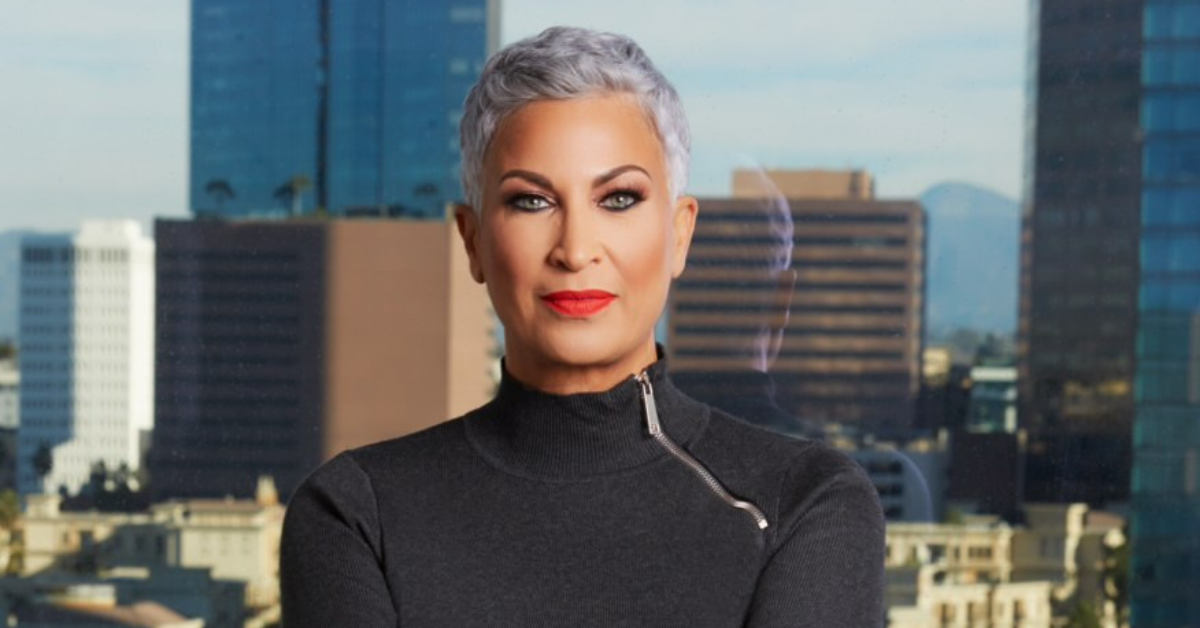All Grown Up: How To Adjust To Work Life After College

Entering the workforce after graduating college comes with a mix of emotions ranging from excitement to overwhelm. The promise of earning a salary and playing by your own rules in adulthood is enticing. However, the reality of a bleak job market, endless resources, not knowing where to start, and a general sense of feeling lost can impact even the most prepared graduates.
From discovering new parts of yourself to fostering relationships, juggling the demands of adulting takes time. Whether you find a role with a company, start a business, or a combination of the two, creating a fulfilling work life after graduation requires intentionality and effort. Instead of looking at your future work days with anxiety, here are a few helpful tips on how to adjust to work-life post-college.

1. Acknowledge the reality that your life is transitioning.
One of the most challenging parts of change is our eagerness to ignore or fight it. Even if certain parts of your life remain the same, a large part shifts post-college. Honor that and understand that this magical time in your life is designed for exploration. Your friendship circles might change, free time might get scarce, and the freedom of your youth might feel like it’s behind you.
Late nights out on a Wednesday might not be doable anymore, but there’s always Friday and Saturday to hang out with friends. While you might not have the flexibility you’re used to, trust that you’ll find a new groove. This season is all about personal growth, trying new things, and learning. Patience and perseverance will go a long way post-college and throughout your life.
2. Decide what success means to you.
The definition of success depends on who you ask, so it’s important to understand what it means for you. Creating goals for yourself — personal and professional — can help you navigate your career’s inevitable ebb and flow. It can be as high-level as knowing that you want to help people struggling with mental health or as specific as wanting to work toward being a creative director in an advertising agency. Whatever the goal looks like for you, having a clear view of your version of success makes it easier to block out outside noise.
Getting clear about your goals is also a healthy way to curb the need to compare yourself to others. Scrolling on social media — watching people share more peaks than valleys — can take its toll, especially when you haven’t found it yourself. But when you know where you’re heading, your trust in the timing of your journey hits differently. When you’ve found the thing that lights you up, it won’t matter if it takes two years or twenty. Your main mission post-graduation is to find that thing.
3. Add variety to your schedule with new activities.
Few will argue that, at a certain point, the day-in-day-out nature of being employed full-time after college can grow to feel mundane. You might not have autonomy over your daily schedule like you did in school, and each day can start to feel like the next. However, you can keep your schedule exciting by intentionally engaging in new activities.
The life hack in adulthood, particularly when you’re in a traditional 9-to-5 role, is making the most of your weekends. Book a staycation, hit the road for a meet-up with college friends, or attend events near home. While sleeping in on the weekends is tempting, Monday comes again before you know it. Enjoy every ounce of your downtime and find a balance between resting, enjoying your life, and preparing for the week ahead.
4. Find local social groups to connect with people your age.
A quick search of “old coworker best friend” on TikTok affirms the shared reality that many people connect with older coworkers at their jobs. Coming straight from college, you’ll likely be one of the team’s youngest members. And while you can (and should) learn all you can from those who’ve been around longer, it can also be isolating.
Whether you attended university near home or went out of state, the adjustment to shifts in friendship dynamics is a real thing. If you’ve recently moved back home or are trying out a new city altogether, joining social groups with similar interests can help you begin cultivating your adulthood tribe. Consider looking into personal and professional organizations to continue building your network while not wrapping your identity around your career. A few good places to start this new chapter include group events on apps like Meetup or Eventbrite. Local churches, nonprofits, industry meetups, sororities, and fraternities are also great ways to network and build community.

5. Give yourself grace as you find your way.
Taking on new responsibilities comes with challenges, but transitioning from college graduate to working professional is particularly unique. You’ll come into your profession with some knowledge or experience from internships or jobs, but you can’t know everything.
“Always do your best,” author Don Miguel Ruiz says in his New York Times bestseller, The Four Agreements.
Don’t be afraid to ask questions or request one-on-one time if you need it.
Give your role everything you’ve got, but understand that nothing lasts forever. If you find your dream gig right after graduating, you should be proud of yourself. However, if you don’t, that’s quite alright, too. Although the work you put in immediately after college feels like a sprint, it’s a marathon. Explore career paths that pique your curiosity, and trust that you’ll eventually find your footing.
6. Be intentional about nurturing your relationships.
Life moves quickly, especially when you’re trying to pursue career goals, stay fit and hydrated, socialize, and find time to sleep. Most people in their 30s or 40s can attest that their 20s passed in the blink of an eye. If there are friends, mentors, or professors from college that you want to maintain a relationship with, be intentional about it.
One of the best pieces of career advice, credited to travel and food writer Paul Feinstein, is to always accept the coffee dates, initiate lunch and dinner dates, and show up when you’re invited. Sure, there are days when you won’t have it in you, but make the effort more often than not. People will remember that you showed up and you’ll be top of mind when opportunities come across their desks. Plus, this gives you more chances to discover yourself in this new chapter of your life.
Remember, while there’s no single answer for how to adjust to your work life post-college, you don’t have to have all the answers right away. Stay open to the possibilities, make intentional efforts to build the life you want, and, most importantly, know that your journey won’t look like anyone else’s.
The author’s content and opinions have not been pre-reviewed, approved or endorsed by Discover.






